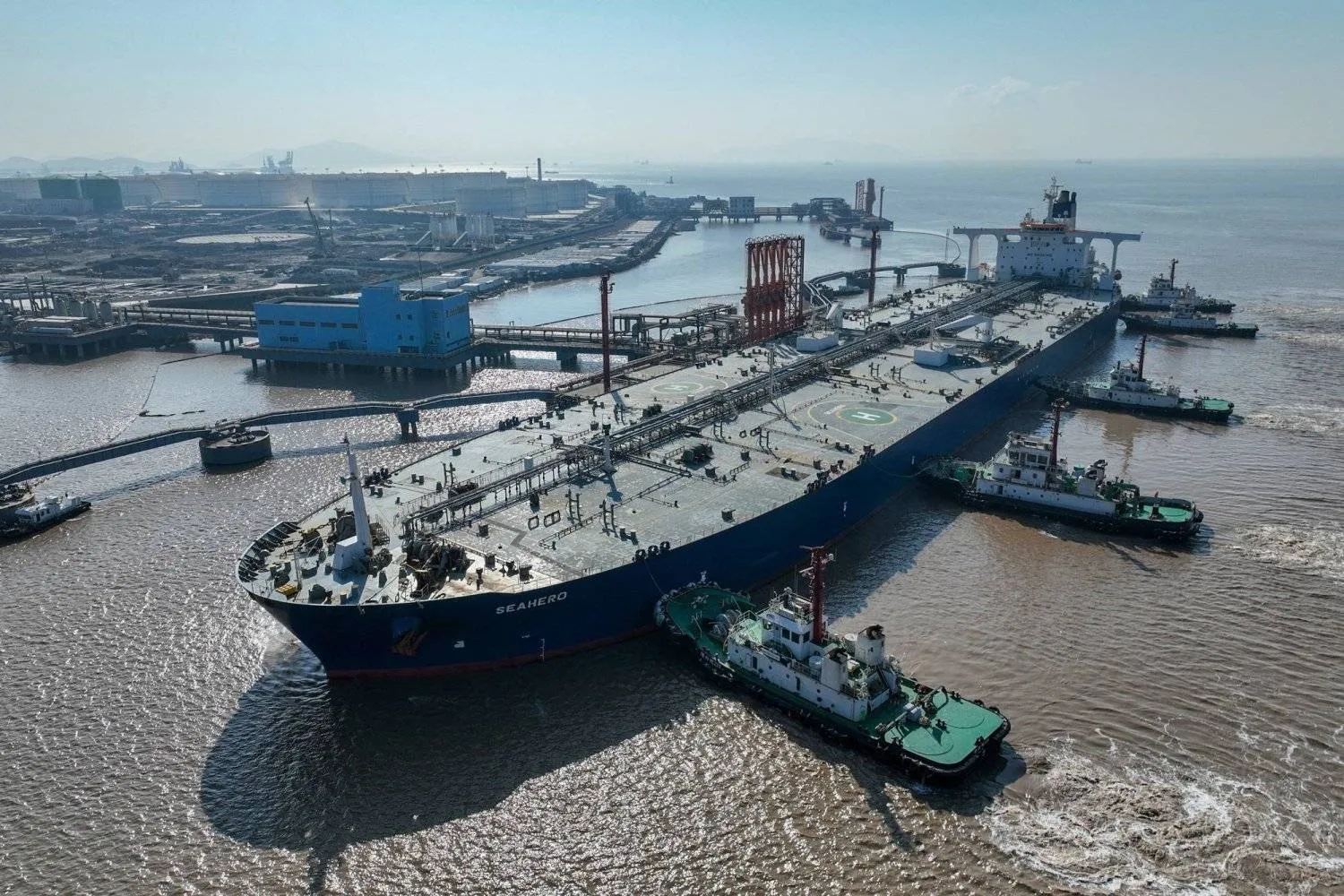Qatar Energy announced on Wednesday that the attacks in the Red Sea “may affect” the scheduling of liquefied natural gas (LNG) shipments, in contrast to production, which it assured was “continuing without interruption.”
In a statement, the company said: “While the ongoing developments in the Red Sea area may impact the scheduling of some deliveries as they take alternative routes, LNG shipments from Qatar are being managed with our valued buyers.”
Meanwhile, Fitch Ratings said on Wednesday that shipping disruptions and re-routing away from the Red Sea “will maintain the geopolitical premium in the main commodity markets, including for oil and gas, chemicals, and fertilizers, unless there are wider shipping – or production – disruptions in the region.”
In a statement, the ratings agency said: “Heightened geopolitical risk, including the recent shipping disruptions, will maintain the oil price premium. However, without material disruptions to actual oil production, or a wider escalation of attacks to more vital oil transport routes in the region, we do not expect a strong upside to our USD80/bbl Brent price assumption for 2024, as there is material OPEC+ spare capacity.”
Fitch added that total oil shipments via the Suez Canal, the SUMED pipeline, and the Bab-el-Mandab Strait accounted for about 12% of global oil seaborne trade in the first half of 2023, according to the US Energy Information Administration (EIA).
The agency noted that Houthi attacks have mainly been concentrated in the narrow strait of Bab-el-Mandab.
“Northbound oil shipments via the Suez Canal and the SUMED pipeline are directed to Europe, mainly from Saudi Arabia and Iraq. Southbound flows are primarily Russian oil exports to China and India following the EU sanctions on Russian oil imports,” it stated.
BP, Shell, QatarEnergy, and many shippers have halted transit through the Suez Canal, with some shippers re-routing around Africa, according to the agency, which noted that this “may marginally tighten the oil and gas markets, albeit temporarily, as supply chains need to adjust to the alternative route taking about a fortnight longer.”
However, Fitch does not anticipate any material impact on prices.









